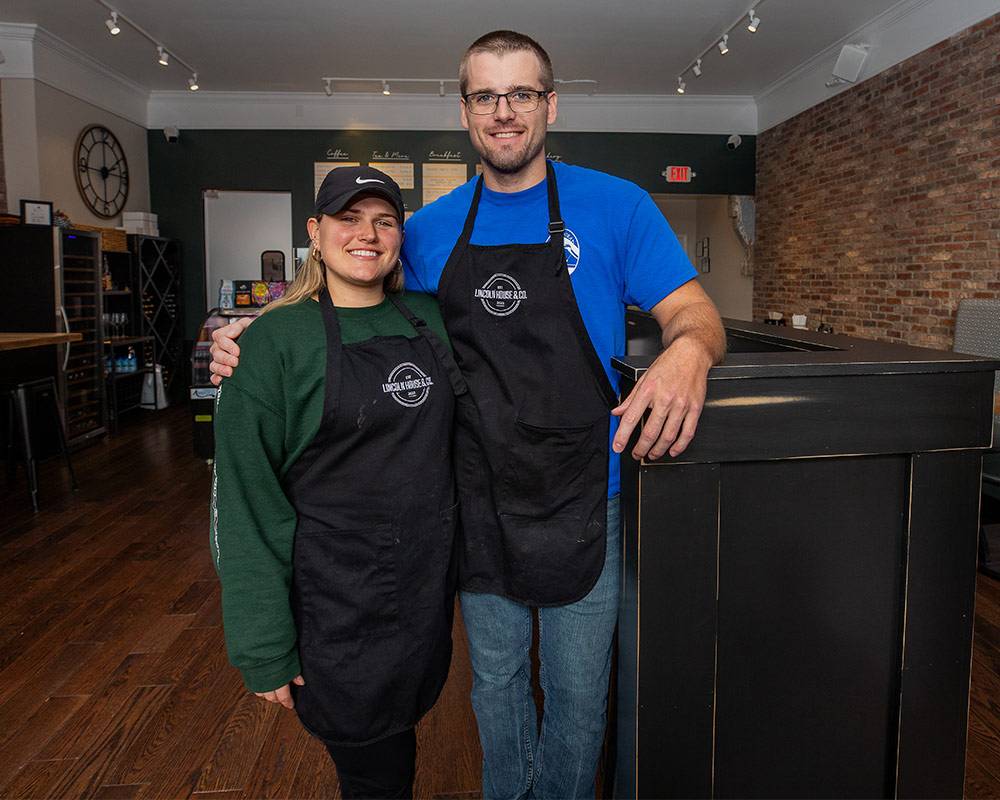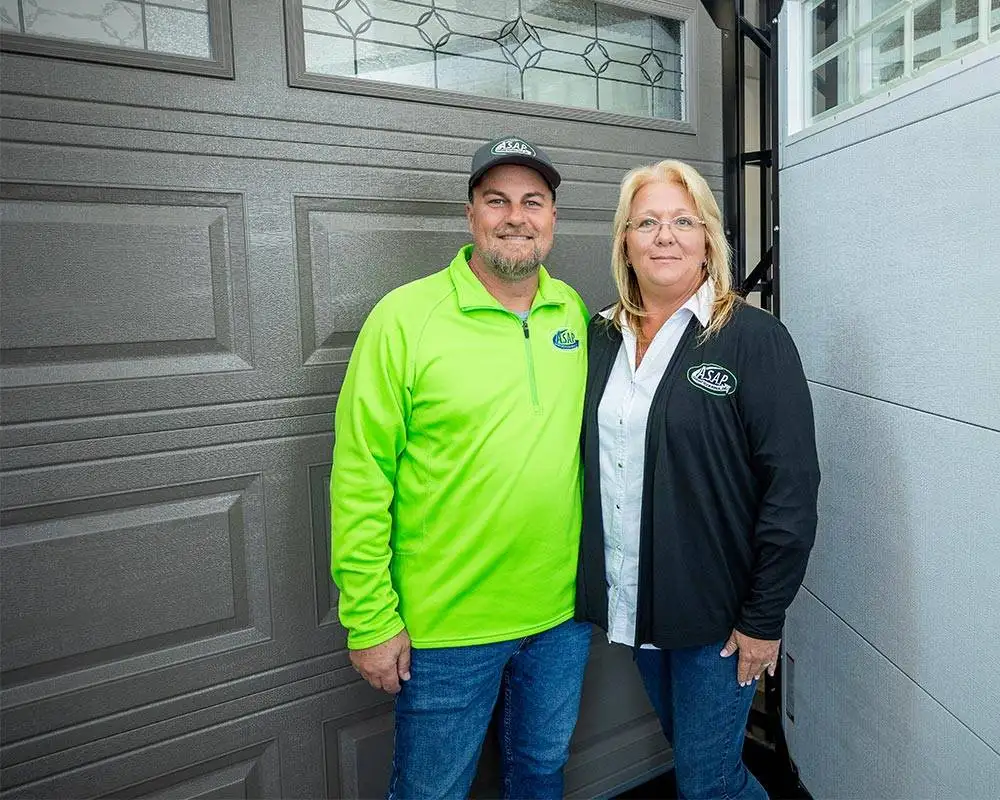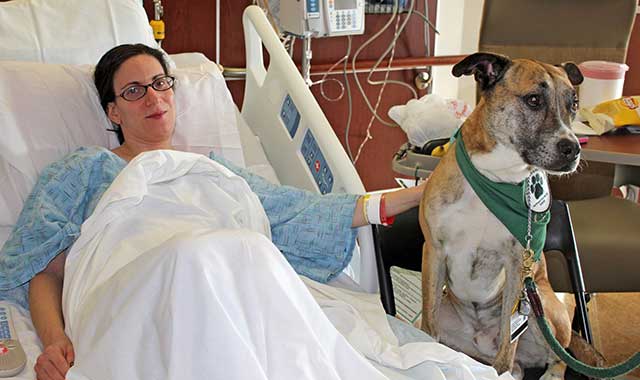Choosing the right school is a delicate choice, and there are lots of factors that determine what’s best for your student. How can a parent help? It starts with asking the right questions.

Ask anyone who works in college admissions, and they’ll tell you the secret to a successful college search: It’s all about fit. So, how do you find the school that’s best for your loved one? Follow a smart process and you’ll know your answer when you see it.
“Give yourself ample time to go through the process,” says Molly Berry, director of admissions for Millikin University, a private liberal arts school in Decatur, Ill. “Get to know the institution, because fit is the No. 1 thing we stress with families.”

Berry believes the best starting point is a family conversation about goals, interests, and factors such as distance from home, fields of study, athletics and extracurriculars, and school size. Create a spreadsheet for top questions and potential schools. Use it to share critical information and to construct pro/con lists.
Once you’ve done some searching, visit your top-choice schools as early as possible, says Jeremy Smith, admissions director at University of Wisconsin-Whitewater (UWW), a public university with undergraduate, graduate and online offerings.
These visits are a good time to meet faculty in your field of study, connect with coaches and extracurriculars, and experience campus life.
“You want to experience the school as much as possible before you have to make a decision,” Smith says.
On-campus visits offer the best insight, Smith adds, but many schools now offer virtual previews as an alternative. At UWW, a student guide “tours” with prospective families and answers questions online.

Smith believes these visits are a critical time to ask questions – and it’s important those questions focus on your priorities. Avoid generic questions such as “How is the biology department?”
“The better way of asking the question is, ‘What sorts of opportunities would your biology program offer me?’” says Smith. “Then, I can say, ‘Well, we have a cadaver lab on campus and only this many schools in the state have a cadaver lab.’ I’m sharing the information that helps you to make the most informed decision.”
This line of questioning can also help prospective students to see the big picture. At Millikin, for example, small class sizes and a small student body – of roughly 1,800 – afford many hands-on lessons that combine theory and practice right in the classroom.
“I wish more people would say, ‘When I graduate, what are some of the doors that will open because I went to Millikin? What are some of those special things I will have that nobody else will have because I graduated from here?’” Berry says. “Those are the intangible pieces that reflect the scope of your education and the strength of the school’s network when you’re in the real world.”
Inevitably, there has to be a talk about finances. Here, too, it’s important to see the big picture. For one thing, most schools have a wealth of scholarships. At privately owned Millikin, every student receives some level of financial aid, says Berry. At publicly owned UWW, there are fewer scholarships but the final price is still very competitive, says Smith.
If you’re comparing between two schools and there’s a modest price difference, go with the school you like best, Smith advises. A few thousand dollars is worth it – and many schools could help you bridge the financial gap.
“Apply to the schools where you think you’d be successful, and then crunch the numbers when you get the financial aid packages,” Smith says. “Ask them, ‘What are my actual costs?’”
The world of college is changing, and it’s now accessible to a far broader group of students than ever before. Many universities, including Millikin and UWW, offer extra supports for students with physical or intellectual disabilities, autism or other challenges.
Judson University in Elgin has a program that specifically serves individuals with diagnosed intellectual disabilities.
“For students who want to come and have that college experience but need that extra support, our RISE program offers them a residential experience and interaction with a diverse student body,” says Jen Mattingly, chair of the division of professional studies at Judson University in Elgin. “It comes with a career-oriented curriculum, so they get dorm-style living and student advisors to help them.”
College shopping is a challenging time for parents. They want to guide their children but don’t always know how. But their most important duty is to offer support and encouragement.
Sometimes it may be a friendly nudge or some organizational help. It may even be a patient reminder. Give them “skin in the game,” says Smith, and encourage them to voice their opinions.
“They need reassurance and consistent, unconditional assurance that together we’ll pick a place that’s good for you, and together we’ll make a good decision for you,” adds Berry. “That’s what students want.”
Opportunities Closer to Home
Not all high school graduates are ready for a four-year university. While some know they want to enter the working world or a trade school, many more find community colleges offer an accessible and affordable starting point.
At McHenry County College, students can apply any time of year. About 33% will enroll in August, just before the fall semester.
“Community colleges provide a great opportunity to explore,” says Amy Carzoli, AVP of Enrollment Services. “With smaller class sizes, lower cost, and often amazing career services networks, a community college is a great option for anyone.”
When considering a community college, it’s important to look at the culture and programs of study, Carzoli adds, but it’s also worth reviewing a student’s goals, career interests work/study balance and personal finances.
“Remember that community colleges are a perfect example of providing a variety of choices for students who may not be ready for a decision,” she says.
Community colleges are open to learners of all ages, and so are other schools. Judson University, which is based in Elgin, has spent nearly 25 years serving adult learners who want to earn their associate, bachelor’s or master’s degrees. With programs in Elgin and Rockford, as well as online, Judson specializes in business management and human sciences fields including administration, counseling and human services.
Judson’s “nontraditional” students are often working professionals who want to advance their careers or meet a long-held goal, says Jen Mattingly, chair of the division of professional studies. Whatever their goal, these learners bring a wealth of experience and a different set of needs than someone coming straight out of high school.
Finding the right program begins with the right search – not just for schools that serve your area but for programs that meet your needs. Do they have your field of study? Are they flexible to your schedule and can they customize your education to meet your goals?
“I would start by searching online for things like ‘adult degrees,’ ‘nontraditional programs,’ ‘professional programs’ – that’s some of the language institutions use for these programs,” Mattingly says.
Once you’ve found some options, contact the school to learn more. Arm yourself with your top five questions, which should help to define your needs and goals. Judson’s nontraditional programs offer rolling admission, meaning classes begin several times a year.
As you’re completing your application, be sure to ask about financial aid, as well. Even adult learners are eligible.
“Students don’t always realize there is financial assistance available, but it is very doable,” says Mattingly. “Companies may also provide tuition reimbursement to their employees.”
Once you’re accepted, it’s time to set sail into a new direction in life.




















































